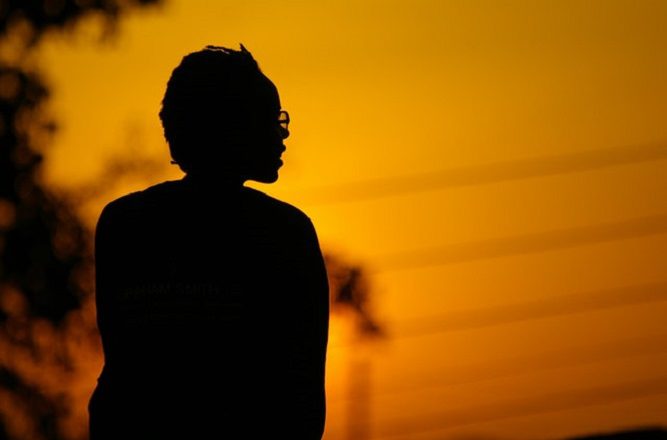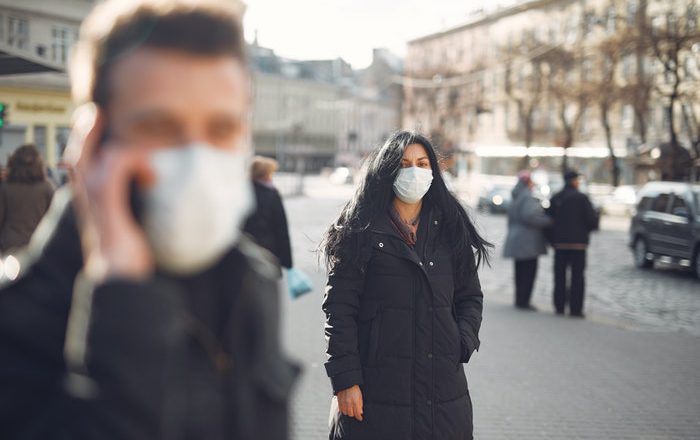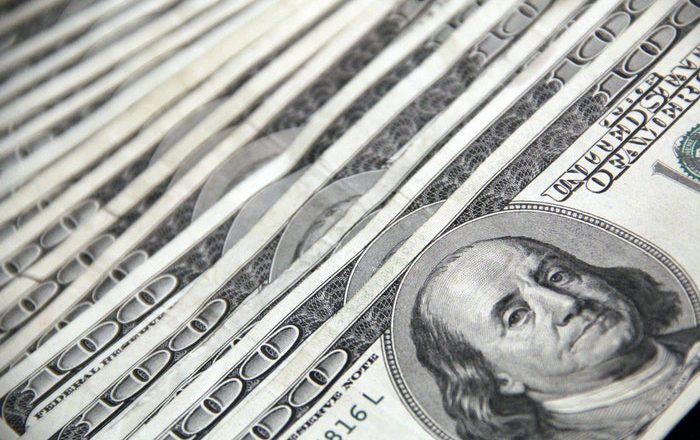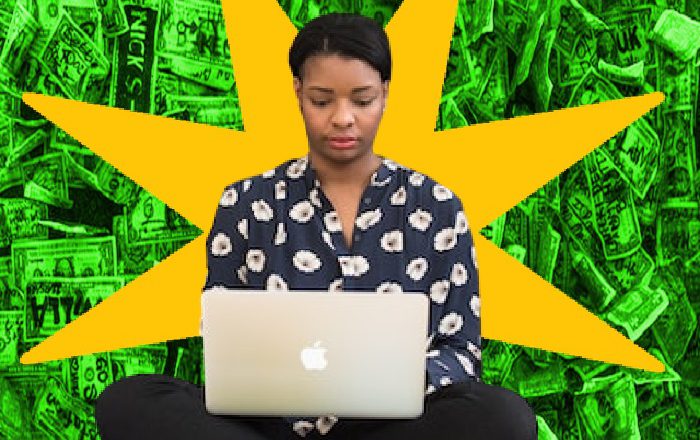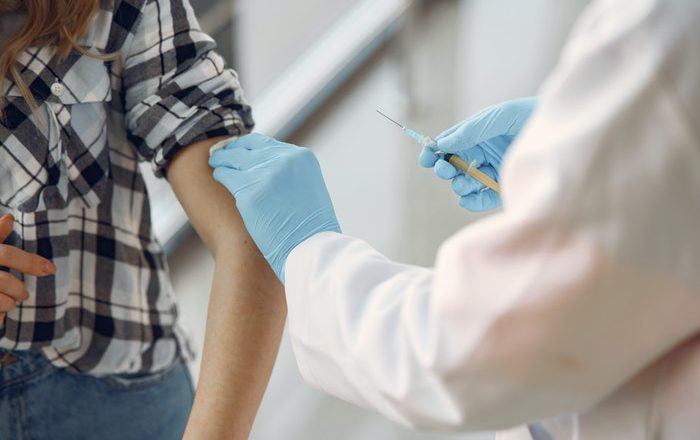Guilt A Growing Issue As COVID-19 Survivor’s Reality Of Loss Settles In
People are eager to return to normal after a year of coronavirus, but is the U.S. there yet? Hardly. The ongoing psychological and spiritual damage caused by the pandemic is rising, too.
Guilt and shame are two prevailing emotions surrounding COVID-19.
This guilt stems in part from the fact that anyone could be a potential carrier of the virus – so anyone, then, could unwittingly pass it to another person. Guilt can also arise when a person looks at the national and global death tolls and wonders how they were spared.
Guilt also happens when family members can’t visit loved ones undergoing treatment at a hospital, or when someone with COVID-19 survives but reads about a infected stranger who died. A particular type of response called survivor’s guilt can occur when people lose loved ones...

